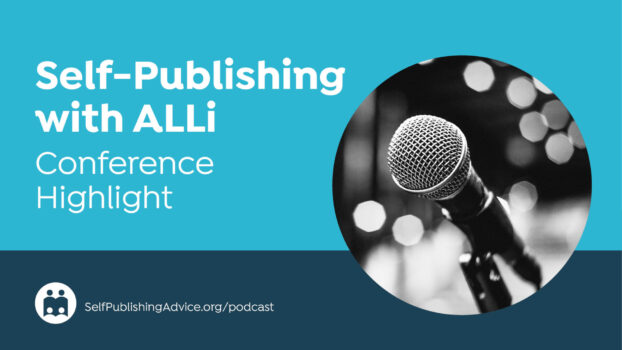
ALLi News Editor, Dan Holloway
I’ve often said I find it fascinating how themes can emerge that make one week’s news different from another. This week, that theme is media being, shall we say, unchilled. And yes, I am very much aware that, in writing this, at the risk of evoking the spirit of Judge Dredd, I am the media. But whatever other parlousness I may succumb to, I hope I am guilty of neither of these. The first is something I’ve covered a few times and fear I will be covering a few more. And that’s the willingness of media companies to sign deals with OpenAI allowing their content to be used to train its generative AI. This week, Vox Media and The Atlantic signed deals. They join the likes of Axel Springer, News Corp, Le Monde, and the Financial Times.
An interesting thought as I wrote that piece is that my mind turned to Wired, which is one of the outlets seeking to differentiate itself with a no-AI content policy. Which, I realize, is very different from a no-AI training policy. Wired is a paid subscription publication. And that raises questions about subscription levels in general. If AI deals sit alongside ad revenues, what does that mean for the size of the paywalls that publications can erect? At what point will readers start to ask that? Or are publishers seeing ad revenue as yesterday’s revenue source and looking to milk a new cash cow to mitigate its demise? The business models that emerge will be fascinating to see.
Our second story has nothing to do with AI and everything to do with big companies coming after small people doing cool things. Wordle is great. The pet pandemic project turned into a global phenomenon. The New York Times, talking of publishing companies seeing dollars, saw eyeballs and swooped with a seven-figure paycheck. The small cool thing stayed fun to play but became less indie in feel. I get frustrated by constant pop-ups telling me all the reasons why it would be better if I created an account to play it.
But now the New York Times has launched a legal suit against one of the many similarly styled games. Worldle is a geographic guessing game that’s the brainchild of and still run by a single developer, Kory McDonald. It is not to be confused with Worldle, which is a country guessing game, but which is not yet subject to a New York Times lawsuit claiming it is confusing potential players.
There is a link to today’s other story, of course. While many media companies sign deals with AI platforms, the New York Times, unable to get the deal it wanted, sued them instead. Perhaps as practice for taking on the behemoth of Worldle?
In this week of the media being uncool, it is interesting to note that the media response to the Wordle story has actually been quite cool.




